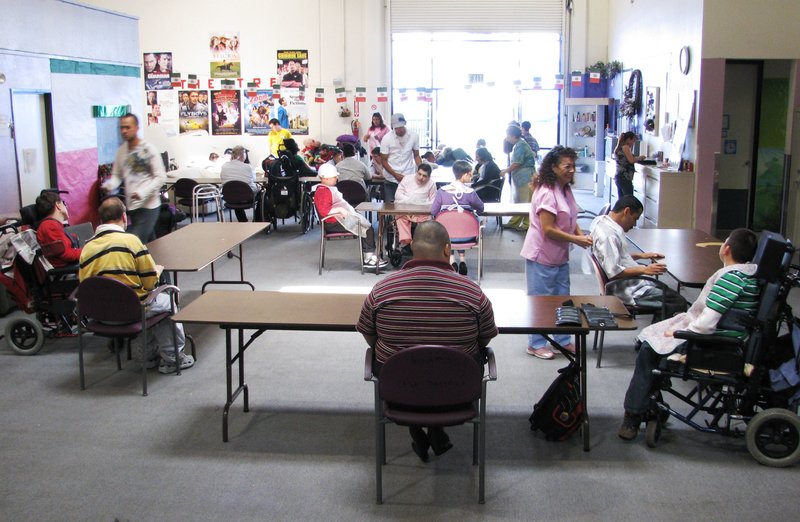by Michelle Diament | August 24, 2020
Disability service providers across the country are closing programs as the coronavirus pandemic wears on and many are unlikely to reopen.
In a survey of 191 organizations serving people with intellectual and developmental disabilities nationally, 77 percent said they shut down or discontinued programs as a result of challenges related to COVID-19 and 16 percent of those indicated that the programs are not expected to reopen.
The data was collected in July by the American Network of Community Options and Resources, or ANCOR, a national trade group representing disability service providers. The survey is a follow-up to one conducted in April as the pandemic initially took root.
“I think at the beginning of the crisis there was a feeling that these programs would come back online, but what we’ve seen is that they are not reopening,” said Donna Martin, director for state partnerships and special projects at ANCOR.
Most of the closures are day programs and employment services. Because of social distancing requirements, Martin said that some programs are not able to serve enough people right now to be financially feasible. And, programs that have attempted to reopen have seen low utilization.
In some cases, the shuttered programs represent the closure of an entire agency, Martin indicated.
Providers are continuing to contend with increased costs related to personal protective equipment, COVID-19 testing, cleaning supplies, training and excess overtime while also hemorrhaging revenue from services being shut down and decreased participation.
Many organizations have gotten some financial support through a mix of state and federal assistance, meaning that losses in July were less substantial than what was reported in the April survey. But, much of that aid is set to expire.
And long-term, Martin warned that could translate into access issues for people with developmental disabilities, especially in parts of the country where there are few service providers.
“If you look at the average losses in July, what business can sustain a $200,000, $300,000, $400,000 loss? It’s not as bad as April, but it’s still not good,” Martin said. “Without additional federal support, I think we’re going to see providers see harder times in the next couple months.”
